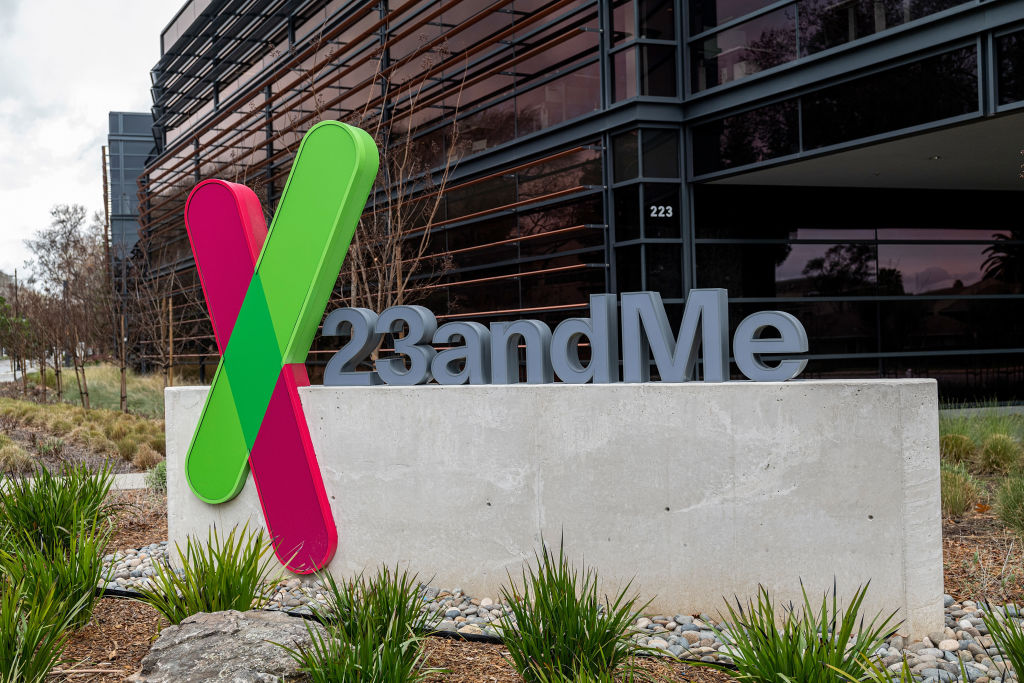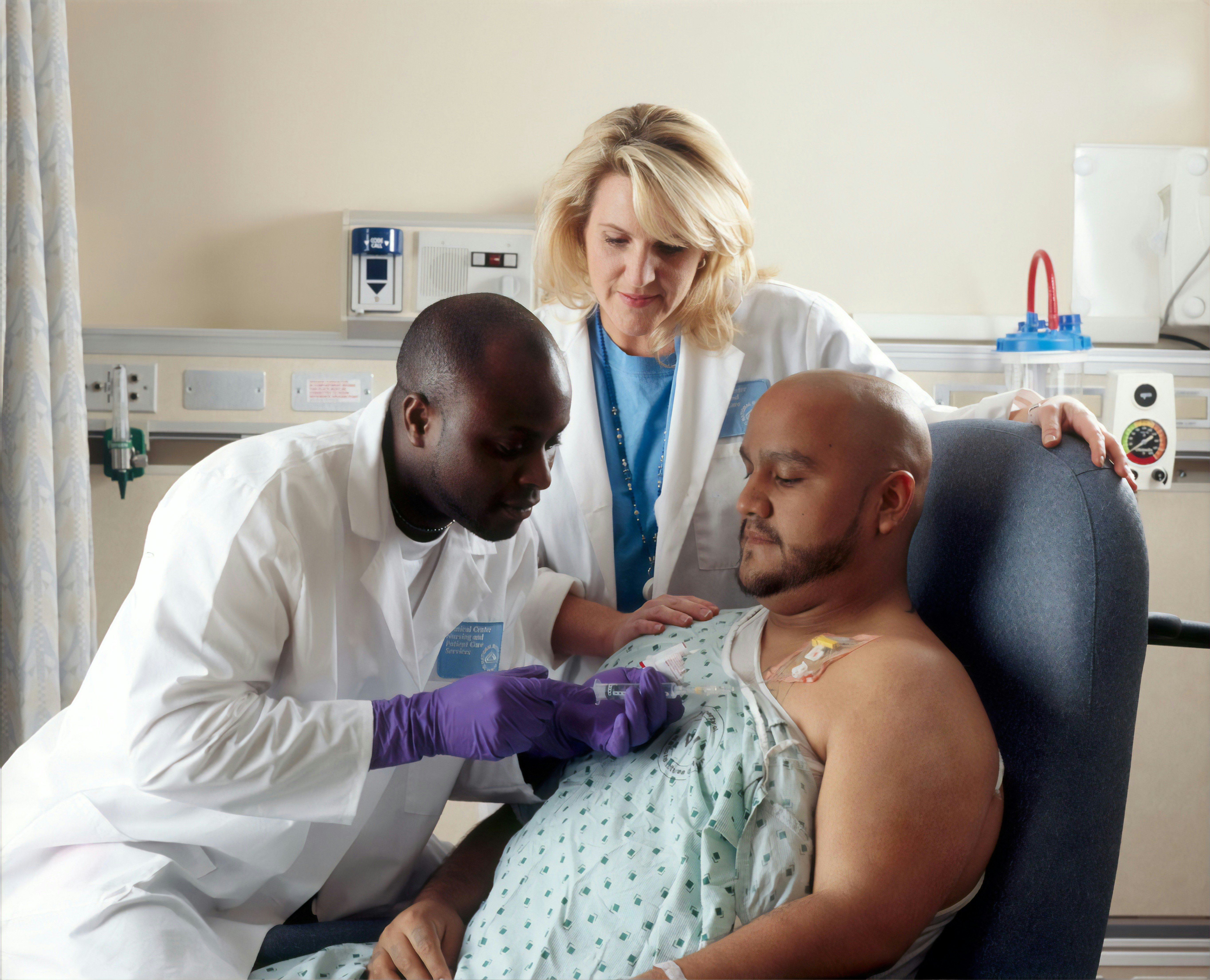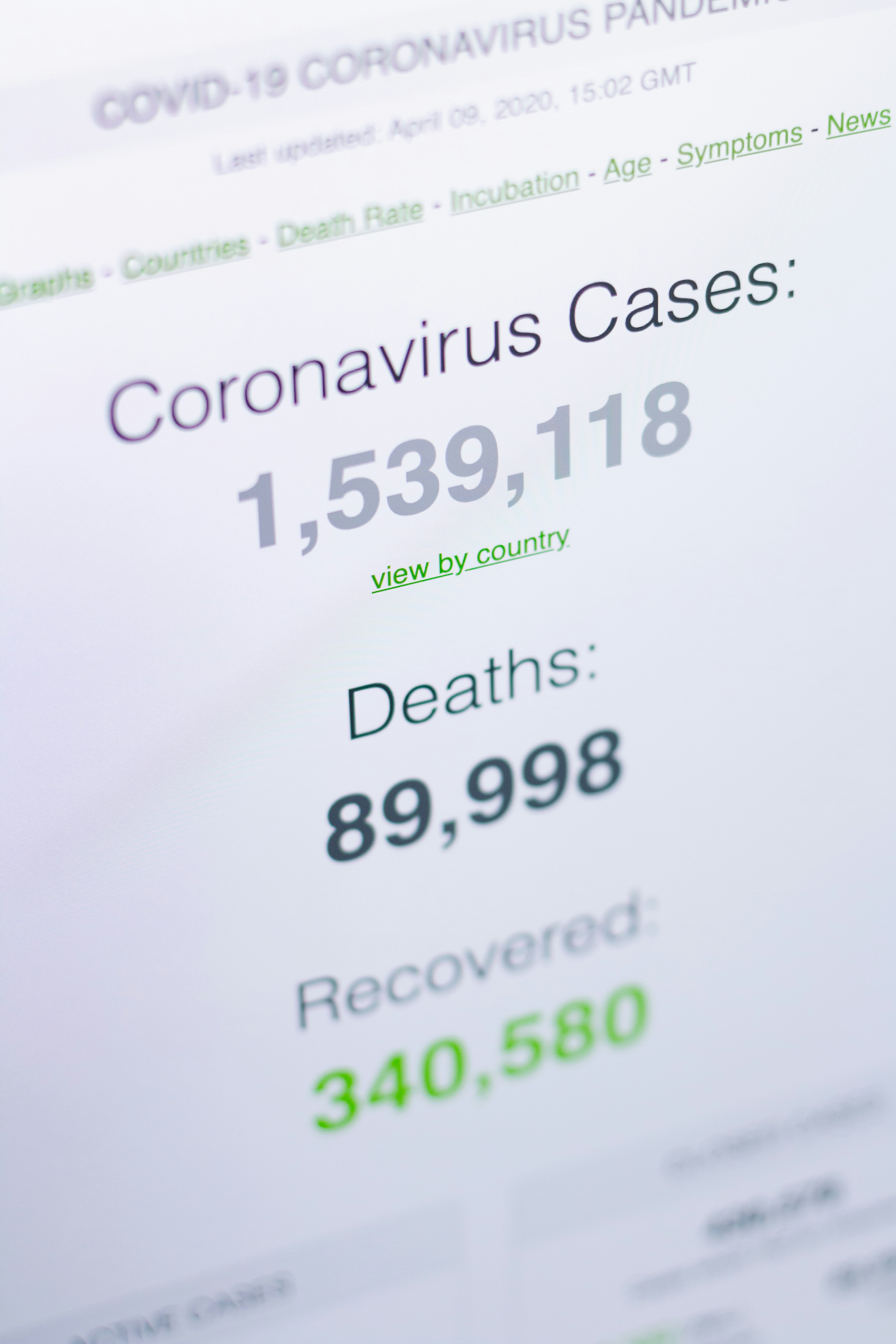
Some 6.9 million 23andMe prospects had their knowledge compromised after an nameless hacker accessed consumer profiles and posted them on the market on the web earlier this 12 months, the corporate mentioned on Monday.
The compromised knowledge included customers’ ancestry data in addition to, for some customers, health-related data primarily based on their genetic profiles, the corporate mentioned in an e-mail.
Privateness advocates have lengthy warned that sharing DNA with testing corporations like 23andMe and Ancestry makes customers susceptible to the publicity of delicate genetic data that may reveal well being dangers of people and people who are associated to them.
Learn Extra: DNA Testing Kits Are on Everybody’s Vacation Record. 5 Issues to Know If You Get One
Within the case of the 23andMe breach, the hacker solely immediately accessed about 14,000 of 23andMe’s 14 million prospects, or 0.1%. However on 23andMe, many customers select to share data with folks they’re genetically associated to — which might embody distant cousins they’ve by no means met, along with direct members of the family — with the intention to be taught extra about their very own genetics and construct out their household bushes. So by these 14,000 accounts, the hacker was capable of entry details about thousands and thousands extra. A a lot smaller subset of consumers had well being knowledge accessed.
Extra From TIME
Customers can select whether or not to share totally different sorts of information, together with identify, location, ancestry and well being data resembling genetic predisposition to situations resembling bronchial asthma, nervousness, high-blood stress and macular degeneration.
The publicity of such data may have regarding ramifications. Within the U.S., well being data is often protected by what’s often known as the Well being Insurance coverage Portability and Accountability Act, or HIPAA. However such protections solely apply to health-care suppliers.
The 2008 Genetic Info Nondiscrimination Act (GINA), protects in opposition to discrimination in employment and medical health insurance ought to data from a DNA check make it out into the wild. This goals to guard people from being denied a job or insurance coverage protection if, for instance, a DNA check reveals they’re prone to finally creating a debilitating situation.
However the regulation has loopholes; each life insurers and incapacity insurers, for instance, are free to disclaim folks insurance policies primarily based on their genetic data.
There have been different high-profile hacks of DNA testing corporations. However 23andMe is the primary breach of a significant firm wherein the publicity of well being data was publicly disclosed. (The Federal Commerce Fee just lately ordered a smaller agency, Vitagene, to strengthen protections after well being data was uncovered.)
The hacker appeared to make use of what’s often known as credential stuffing to entry buyer accounts, logging into particular person 23andMe accounts through the use of passwords that had been recycled and used for different web sites that have been beforehand hacked. The corporate mentioned there was no proof of a breach inside its personal programs.
Because the hack, the corporate introduced that it’ll require two-factor authentication with the intention to defend in opposition to credential-stuffing assaults on the location. It has mentioned it expects to incur $1 million to $2 million in prices associated to the breach.



